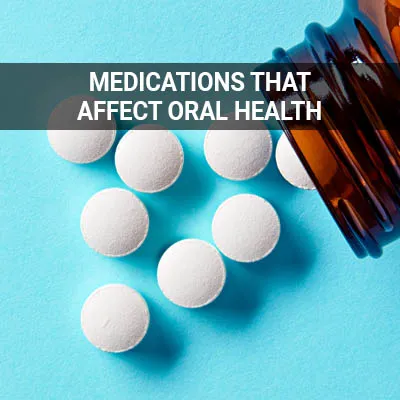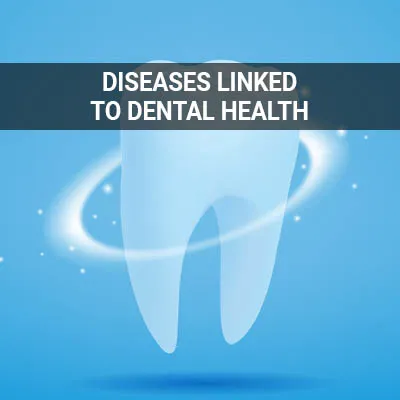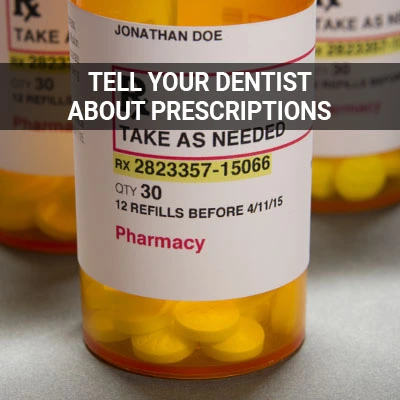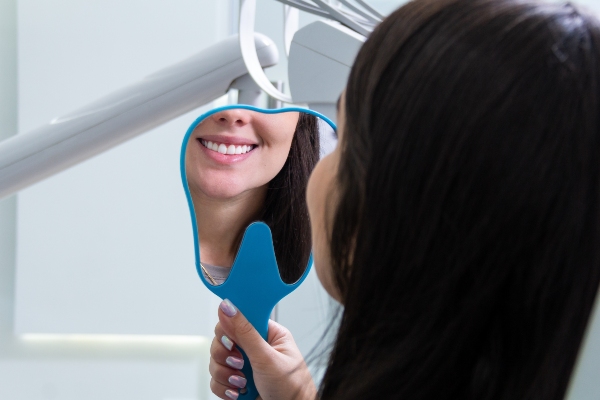Oral-Systemic Connection San Ramon, CA
Many patients are unaware of the oral-systemic link, referring to the link between dental health and the body's overall health . Routine visits with a complete health dentist may act as effective preventive care.
Total health dentistry is available at Aaria Dental in San Ramon and the surrounding area. We put our patients' safety and comfort first. Call us today at (925) 967-2444 to schedule an appointment or to learn more about our services.
Understanding the Oral-Systemic Connection
According to the Mayo Clinic, research has found that gum disease is often indicative of various systemic conditions. As a primary entryway into the digestive and respiratory tracts, the mouth is a natural breeding ground for bacteria. While most of these bacteria are harmless, poor oral hygiene practices may enable them to multiply at dangerously high levels — putting the mouth at risk for various oral infections. Once inflammation enters the bloodstream, the body's immune system will be at heightened risk for other systemic conditions.
Traditional dentists tend to treat isolated conditions rather than considering patients in their entirety. Additionally, most patients typically see dentists on an "as-needed" basis. In reality, they should make consistent visits to reap all the benefits of a complete health dentistry program. A total health dentist will go over a patient's medical history to give them the most comprehensive treatment plan. In addition to screening for oral cancer, total health dentists can identify warning signs of other oral health issues and systemic conditions.
“According to the Mayo Clinic, research has found that gum disease is often indicative of other systemic conditions.”
How Bacteria Impacts the Heart
The mouth is full of bacteria, with plaque harboring over 500 different species of bacteria. While most bacteria are harmless, poor oral hygiene can cause harmful bacteria to accumulate and cause other complications. In particular, the bacteria Porphyromonas gingivalis has a link to serious health issues, including heart disease.
Oral bacteria that result from gum disease can enter the bloodstream and cause a bacterial infection to spread throughout the body. This infection can alter the gut's microbiome adversely and cause inflammation in the body, resulting in vascular damage to the heart. The bacteria that cause gum disease can also travel to other blood vessels, causing damage and serious problems like blood clots and heart attacks.
“In particular, the bacteria Porphyromonas gingivalis has a link to serious health issues, including heart disease.”
The Effects of Chronic Oral Inflammation
The idea of the oral-systemic link is nothing new. According to the American Dental Association (ADA), it has been around since at least the late 19th century. However, it has not been until the last several decades that experts have found proven associations between oral health and systemic diseases (specifically cardiovascular diseases and diabetes). There are two possible reasons for this:
- Chronic inflammation in the oral cavity increases inflammatory markers’ levels in the bloodstream, negatively affecting the immune system.
- The oral cavity collects disease-causing bacteria that can enter the bloodstream.
As such, any failure to prevent or control periodontal diseases can increase the risk of adverse health outcomes. Invasive dental procedures can also increase the risk of stroke and myocardial infarctions. However, dental care may also have a positive impact on overall health: Treating periodontal diseases can effectively treat type 2 diabetes. Enhanced oral hygiene may prevent respiratory infections and death from pneumonia in elderly patients. In any case, dental care must be carried out with patients' total health in mind.
“Chronic inflammation in the oral cavity increases levels of inflammatory markers in the bloodstream, negatively affecting the immune system.”
Check out what others are saying about our dental services on Yelp: Oral-Systemic Connection in San Ramon, CA
Oral Health and Nutrition
Oral health and diet affect each other directly. What a patient eats will naturally influence the health of the tissues in the mouth, while the health of the mouth will affect the patient's ability to eat. Additionally, excessive sugar consumption can increase the risk of developing cavities. Frequent consumption of acidic foods and beverages can also increase the risk of erosive tooth wear.
Thus, good oral health is dependent on proper nutrition and healthy eating habits. Patients should avoid natural and added sugars, along with processed starches and low pH-level acids. Eating a nutritious, well-balanced diet and limiting the consumption of between-meal snacks can benefit both a patient's overall and oral health.
“What a patient eats will naturally influence the health of the tissues in the mouth, while the health of the mouth will affect the patient’s ability to eat.”
Questions Answered on This Page
Q. How does oral health affect overall health?
Q. What are the effects of chronic oral inflammation on the rest of the body?
Q. How does diet affect overall health?
Q. How do bacteria impact the heart?
Q. What health conditions are linked to the mouth?
People Also Ask
Q. How is diabetes affected by oral hygiene?
Q. What is the role of a healthy mouth baseline during an annual wellness visit?
Q. Why is preventative care important?
Q. What family members may need extra help with their oral hygiene?
Conditions Linked To the Mouth
Problems in the mouth can affect the rest of the body. Poor oral health has a connection to conditions including dementia and rheumatoid arthritis. Other conditions that oral health can contribute to include:
- Cardiovascular disease: Oral bacteria can cause infections and inflammation that may have a link to heart disease and artery-clogging.
- Endocarditis: Endocarditis happens when oral bacteria spread through the bloodstream and infect areas of the heart such as the heart chamber lining or valves.
- Pneumonia: Oral bacteria can enter the lungs and cause respiratory diseases like pneumonia.
- Pregnancy complications: Gum disease has a connection to pregnancy complications, including low birth weights and premature births.
“Poor oral health has a connection to conditions including dementia and rheumatoid arthritis.”
Frequently Asked Questions
Q. What causes dental decay?
A. A combination of factors can cause dental decay. Some common factors include oral bacteria, eating and drinking sugary foods and beverages, and failure to clean teeth well.
Q. How can I prevent dental decay?
A. The best way to prevent dental decay is through proper oral hygiene. A good hygiene routine includes brushing teeth twice a day and flossing teeth at least once. This will remove plaque and debris that result in decay-causing bacteria to build up.
Q. What is plaque?
A. Plaque is a sticky film that constantly develops on teeth. It consists of bacteria that produce acid and, without removal, can harden into tartar. This can eventually cause tooth decay and loss.
Q. What is an abscess?
A. An abscess is a pocket of pus that develops in the teeth or gums. It often forms due to a bacterial infection resulting from poor oral hygiene or an untreated cavity or injury. Abscesses can cause severe pain and require prompt treatment to prevent further oral and overall health complications.
Q. What are the risk factors associated with gum disease?
A. Gum disease happens when an infection occurs in the tissues that hold the teeth in place. Some common risk factors include genetics, smoking or chewing tobacco, certain medications, crooked teeth, poorly fitting dental appliances, and broken fillings. Other risks associated with gum disease include pregnancy and complications that cause compromised immunity.
Dental Terminology
Call Us Today
A healthier life begins with a healthier mouth. We at Aaria Dental may be able to help. Call us today at 925-967-2444 to schedule an appointment or to learn more about our services.
Helpful Related Links
- American Dental Association (ADA). Glossary of Dental Clinical Terms. 2025
About our business and website security
- Aaria Dental was established in 2023.
- We accept the following payment methods: American Express, Cash, Check, Discover, MasterCard, and Visa
- We serve patients from the following counties: Contra Costa County
- We serve patients from the following cities: San Ramon, Norris Canyon, Danville, Blackhawk, and Dublin
- Norton Safe Web. View Details
- Trend Micro Site Safety Center. View Details
Back to top of Oral-Systemic Connection














